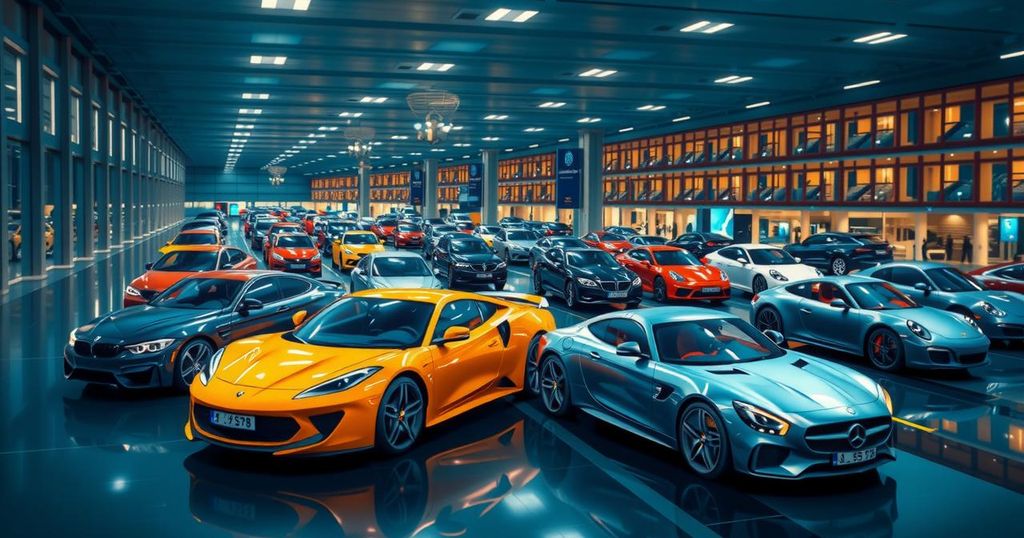The Coming Revolution: The Impact of Chinese Automotive Manufacturers in Europe
Alfredo Altavilla, a former Fiat Chrysler executive and current advisor to BYD, remarks on the seismic impact Chinese automotive manufacturers are making in Europe, specifically highlighting the efficiency and innovation of BYD in vehicle development. With plans for localized manufacturing, BYD aims to integrate more deeply into the European automotive ecosystem, posing challenges for established manufacturers who may be hesitant to adapt to this rapidly changing landscape.
The increasing presence of Chinese automotive manufacturers in Europe is poised to significantly alter the automotive landscape, as evidenced by the insights of Alfredo Altavilla, a former executive at Fiat Chrysler who now serves as an advisor to BYD. Altavilla describes the situation as an impending ‘earthquake’ whose impact remains largely unpredictable. During his career, Altavilla has witnessed the disparity between traditional Western automotive practices and the rapid innovation characteristic of Chinese firms like BYD. He highlights that while traditional manufacturers like Fiat Chrysler historically took around 28 months to develop a new vehicle, BYD can achieve this in a mere 18 months, showcasing their efficiency and speed in product development. Altavilla attributes BYD’s rapid innovation to their extensive experience in high-tech environments, especially as a major supplier for Apple, which encourages a culture of quick, groundbreaking innovations without necessarily compromising reliability. The quality of BYD vehicles has reached levels comparable to established brands, thanks to talented designers like Wolfgang Egger, who have had significant tenure in reputable European automotive brands. Moreover, BYD is focused on establishing itself as a local manufacturer in Europe, with aspirations to build a robust local R&D and production network, distinguishing itself from other Chinese OEMs who tend to prioritize assembly and retain a distinctly Chinese identity. This strategy not only seeks to appeal to European consumers but also serves to circumvent potential trade tariffs. Recruitment for BYD has proven remarkably successful, as Altavilla reveals that he has received numerous applications from professionals across the industry, evidencing both the allure of this new opportunity and the apprehension among employees of traditional European manufacturers regarding their job security in light of this competition. Altavilla’s observations further illuminate the challenges faced by established manufacturers, especially those in Germany. He criticizes their propensity to overthink strategic responses to market changes without decisive action, a posture that could hinder their competitiveness against rising Chinese brands.
The automotive industry in Europe is undergoing a transformative phase, primarily attributed to the aggressive entry of Chinese manufacturers, particularly in the electric vehicle (EV) segment. The strategic intent of these companies goes beyond merely selling imported vehicles; they are setting their sights on establishing localized manufacturing and design capabilities to better integrate into the European market. The current discussions surrounding tariffs and trade implications further complicate this dynamic, making the situation more urgent for traditional European automakers who must now reassess their strategies in response to this new competitive landscape.
The insights provided by Alfredo Altavilla underscore the critical shift occurring in the European automotive sector brought about by the advent of Chinese manufacturers. BYD’s innovative approach, rapid development cycles, and intent to localize production positions it as a formidable competitor. Traditional European brands must evolve their strategies to counter the growing influence of Chinese automakers, or they risk losing significant market share.
Original Source: www.topgear.com




Post Comment